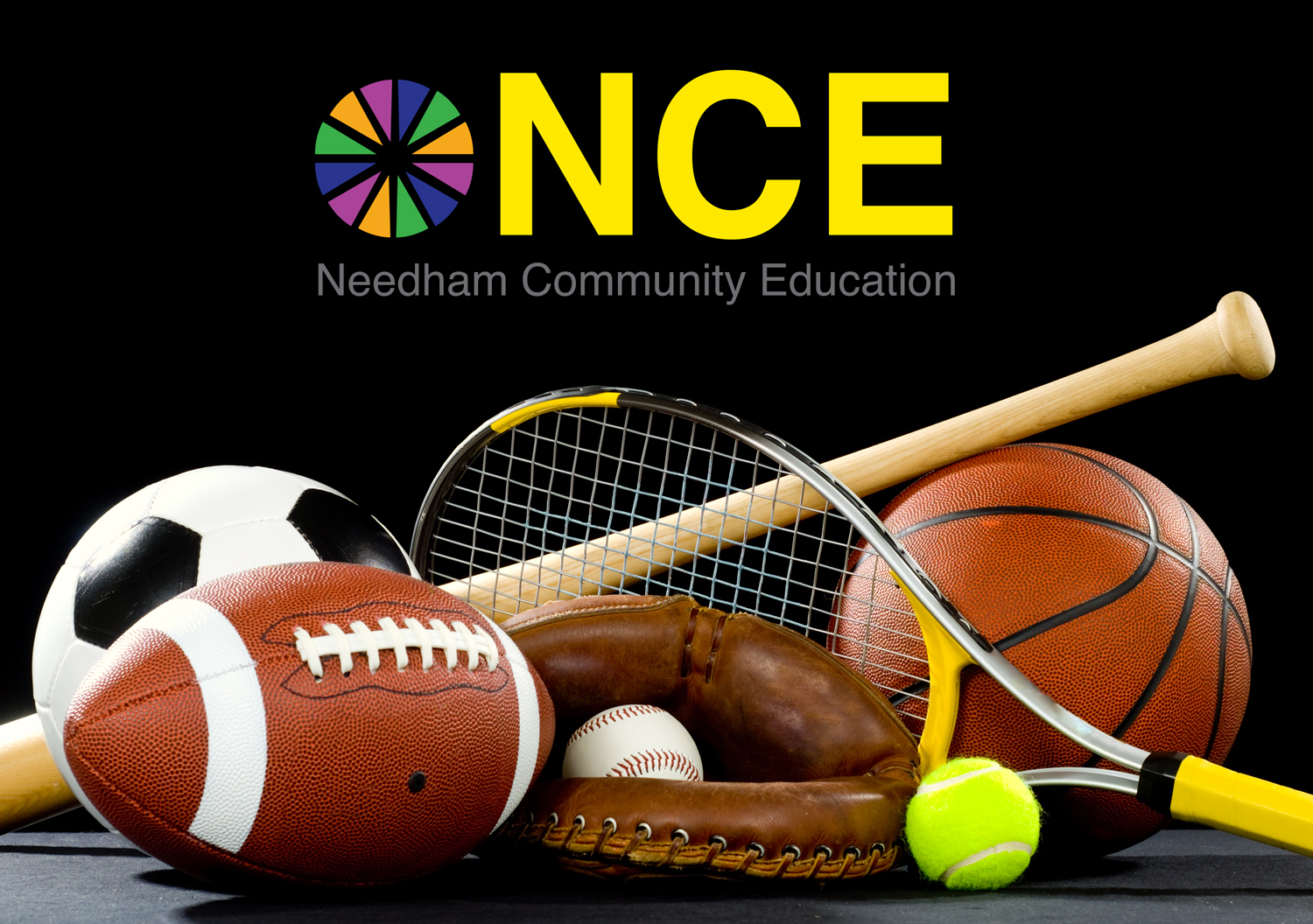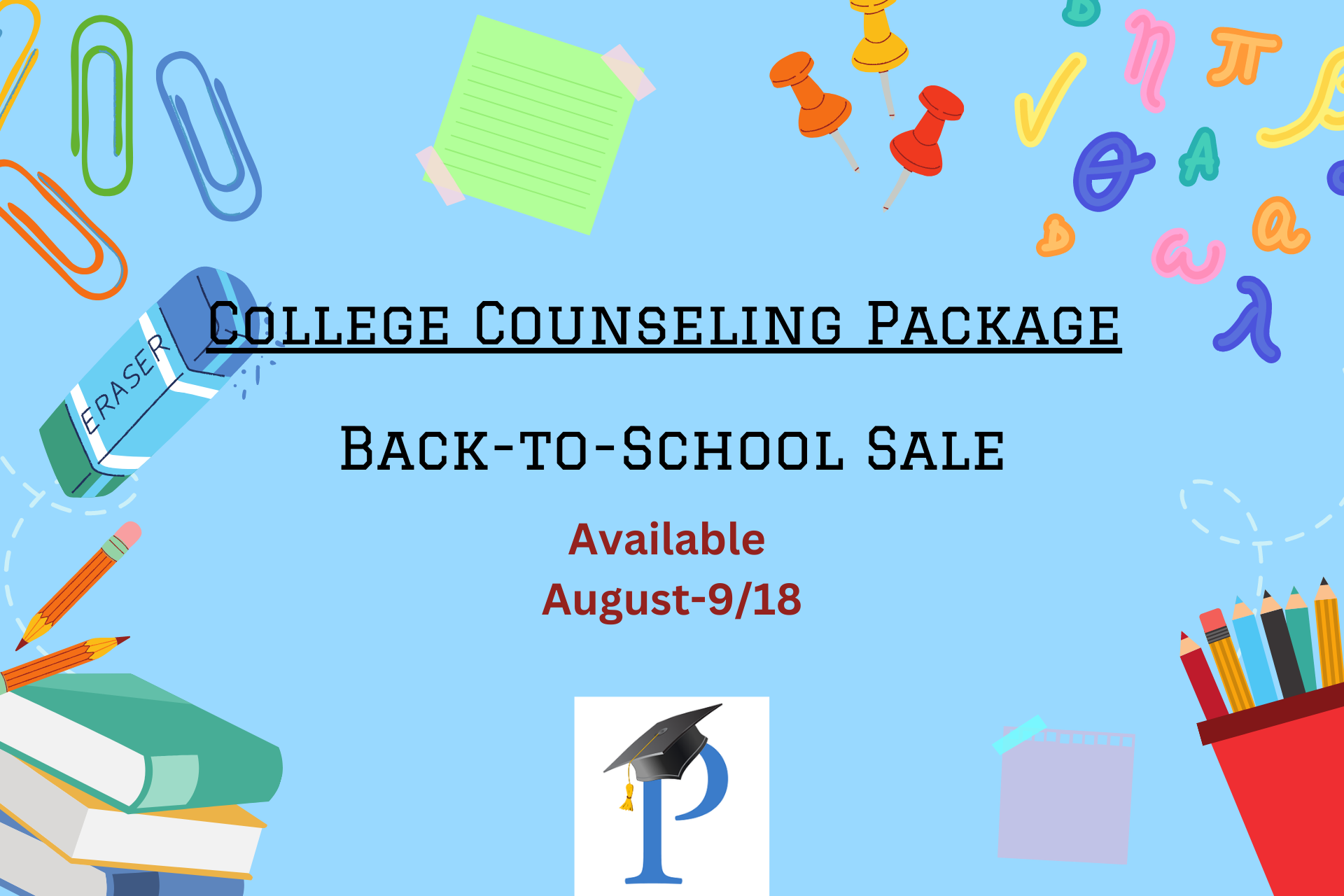
Cynthia Williams
P&A regularly invites college admission officers to share their thoughts and recommendations for our readers regarding the college search and application process. We appreciate the different perspectives that are offered as they always provide tremendous value to parents, students, school counselors and others.
As the school year is just beginning and a new application season is underway, we are excited to feature an interview with Cynthia Williams, a Regional Admission Counselor from Ithaca College, who lives in the Boston area.
Please tell us about your college admission position at Ithaca College and how long you have worked in the profession. Please also share with us the number of applications/personal statements that you read each year.
I began working at Ithaca College six years ago after having worked previously as a school psychologist. Three years ago, when I moved from Ithaca, NY to the Boston area, I became a Regional Admission Counselor. I travel to high schools and college fairs, often meeting over 1,000 prospective students and their families throughout New England each year. As a member of our review committee, I personally read about 100 applications a year. Ithaca College receives close to 14,000 applications per year, and my colleagues on campus may read between 500 and 1,000.
Can you tell us about your all-time favorite college essay (personal statement)? Why does it stand out in your mind? What qualities do you regularly observe in strong personal statements? In your opinion, what makes a personal statement unsuccessful?
The essay is an opportunity for students to share personal qualities that are not evident by just reviewing a transcript and scores. One of my favorite essays is a student’s description of quiet weekend mornings spent snowshoeing with her father. The essay was unique and written beautifully. It shared the student’s personal qualities of sharp intellect, adventurous spirit, and a caring nature.
It is expected that students will submit a sample of their best work. So, a strong essay should have no spelling or grammar mistakes. It does not need to be a comprehensive story of the student’s whole life; it could be just one moment in time. On occasion, students write too generally about a topic. It is okay to write about a topic that many other students write about (a winning point in sports, a travel experience, a passion for the arts), but the essay should include enough description and detail to make that moment unique to the author and come alive in the mind of the reader.
What is your opinion on the value of college visits for prospective applicants? If a student cannot travel to a campus, what other ways can the student explore a college of interest?
Students usually report that a college visit is the most helpful way to learn about a college, have their questions answered, and get a feel for the campus culture. At IC, we believe the campus visit is extremely important. Ithaca College has many different visit options including tours, interviews, information sessions, class visits, appointments with faculty, and open house programs.
There are also many ways to learn about a college before the visit. In addition to the colleges’ websites, a representative from the college may visit your high school, a college fair, or provide an information session locally in your area.
Lastly, I am a member of the group, New England Area Regional Representatives. Our website has a list of regional admission counselors, from over 40 colleges and Universities outside of New England, who live in the New England area. You are welcome to contact us with any questions.
What advice would you offer to parents as they prepare for the start of the college application season?
Most colleges have a page on their website that provides step by step information about how to apply. It is important to check if any supplemental information is needed based on the student’s area of study. For example, at Ithaca College, students applying for degree programs in music and theatre must complete an interview or audition.
Parents also often help by reminding their children to regularly check their on-line accounts and the email address that they have provided to colleges, as there may be important messages about missing application materials.<





